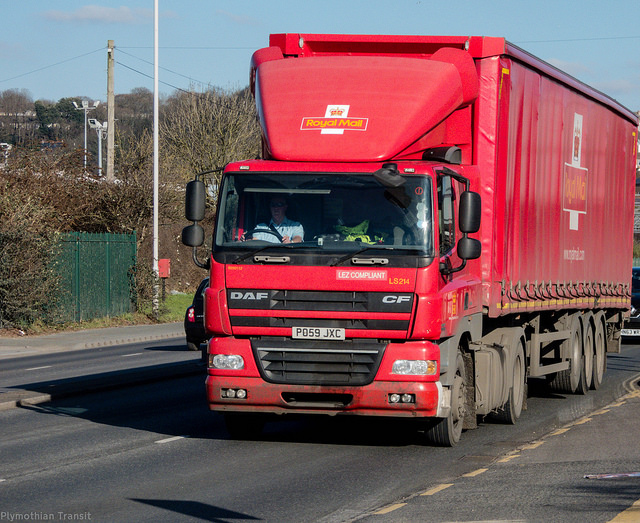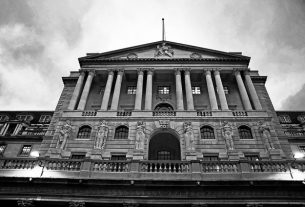Royal Mail has seen its pre-tax profits plunge by more than half for the six months to September.
They fell 57 per cent to £33 million despite a rise in revenues of one per cent to £4.9 billion, underlining analysts concerns that its costs are still too high.
Rico Black, who took over as Royal Mail chief executive this year, said the company had already taken “positive steps” to improve performance.
He added: “There will be a greater emphasis on how we connect customers, companies and countries through our domestic and international businesses.
“There will be a clearer focus on financial performance and management accountability.”
Mr Black insisted that Royal Mail was still committed to its profit target of £100m for the 2018-19 financial year and would update investors in March next year.
He added that the management team were “focused on pulling all the short and medium-term levers at our disposal to improve our performance.”
The Royal Mail’s UK parcels and letters business recorded a one per cent fall, which was offset by a nine per cent rise in revenue its from European parcel operator GLS.
There was a six per cent revenue increase for the UK parcels business, driven by continued growth in online shopping, but total letters revenue fell seven per cent.
Failure to cut costs fast enough has hurt Royal Mail and it issued an impromptu update last month, admitting that savings this year would be £100m, not the £230m forecast.
This sent shares tumbling by almost 20 per cent and after initially rising this morning, Royal Mail shares fell 3 per cent to 338p.
Mr Black said: “We have, by far, the best delivery network in the UK: our ability to deliver most of our letters and parcels together is a major asset.”
“Royal Mail has been in existence in one form or another for over 500 years. We have transformed ourselves many times before.”
But this failed to reassure city analysts, who kept a ‘sell recommendation’ in place on Royal Mail shares today with a 250p target price.
The share price was 632p in May and left 145,000 Royal Mail staff who received free shares at 330p when it was privatised out of pocket on paper.




